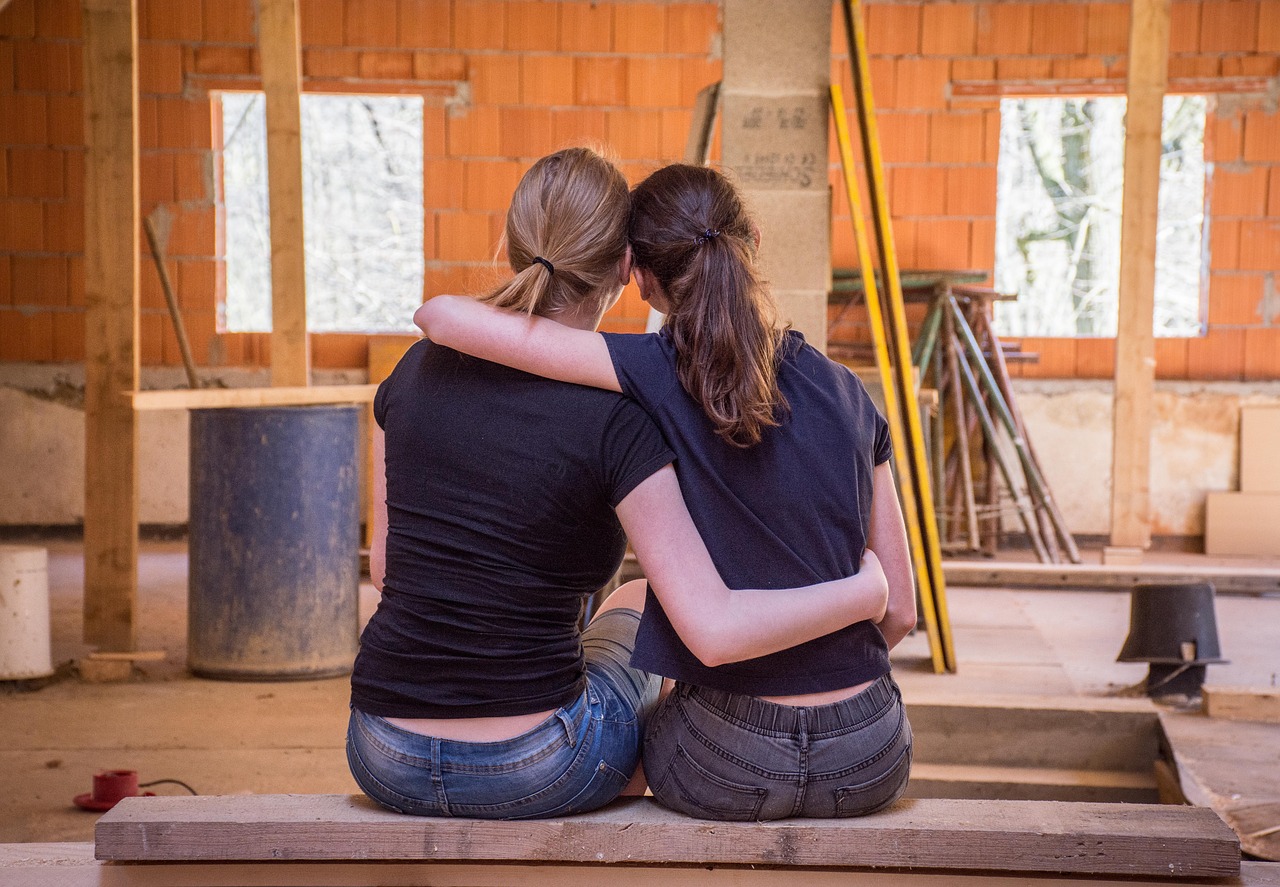Taking on the responsibility to care for your nearest and dearest seems like a pretty obvious thing to do. Checking in with them to make sure they’re doing ok and being there to help out when they’re not is an important part of life.
But what about helping strangers?
Day-to-day, you come into contact with a lot of people. Be it the barista at your favourite coffee spot, or the checkout supervisor at your local store, you’re likely to share some pleasantries.
What you might not know is that some of these people are trained to spot signs of abuse and help you in your time of need.
People who frequently come into contact with the public in their jobs (such as taxi drivers, rail staff and hairdressers) are taking it upon themselves to learn about different forms of abuse and mental health so that they’re better equipped to help someone when they’re unable to ask for help.
Taxi Drivers Vs Child Sexual Exploitation
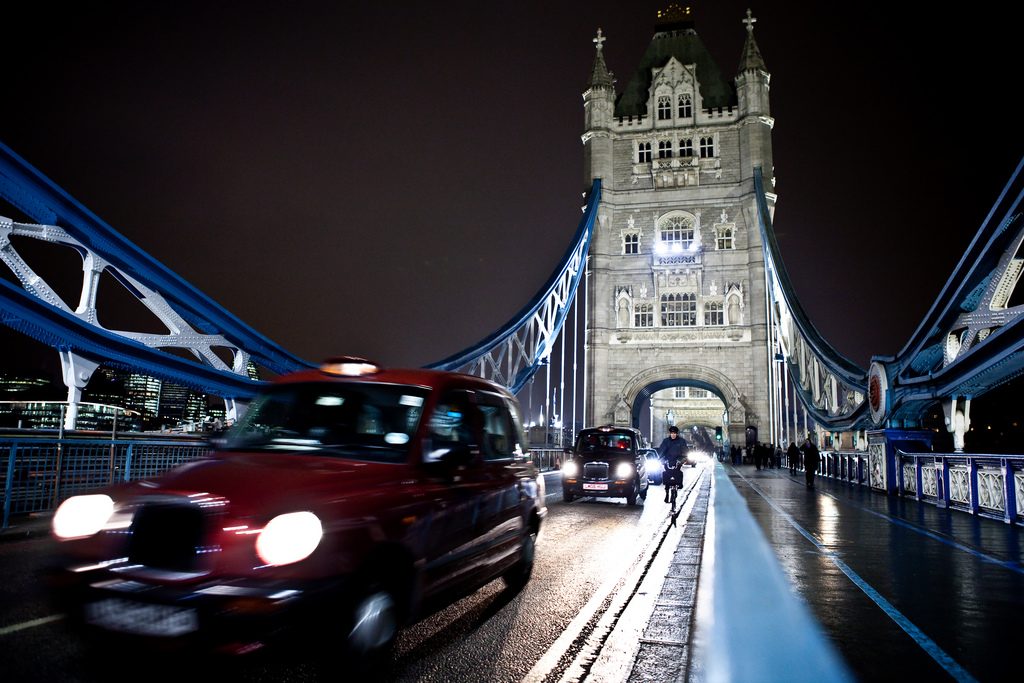 Credit: Lars Plougmann/Flickr
Credit: Lars Plougmann/Flickr
Taxi drivers across the UK are undertaking child sexual exploitation (CSE) classes so that they can spot signs of abuse of young people.
Children’s charity Barnardo’s provides much of this training. Javed Khan, the chief executive, told RightsInfo that too often we only think ‘vulnerable’ children can be victims of abuse, but in truth, any child from any background can be targetted.
“The sad reality is that any child from any background can become the victim of sexual exploitation or abuse, even children in loving, stable families,” Khan explained.
To help prevent the sexual exploitation of children, night-time workers – including taxi drivers – can act as the eyes and ears in the community and are well placed to recognise when something isn’t right.
Javed Khan, Chief Executive of Barnardo’s
In Brighton and Hove, taxi driver George Beresford is spearheading the push to introduce CSE training to all taxi drivers. He explained that he was motivated to introduce the training after the Rotherham grooming gang was exposed.
He said: “Taxis drivers are, quite possibly, the most frequent group of people out on the streets and so a lot of us notice things. With the right training, why not use this to help save someone?”
Khan added that night-time workers like taxi drivers are integral, as they “can act as the eyes and ears in the community”.
Rail Staff Vs Mental Health Issues
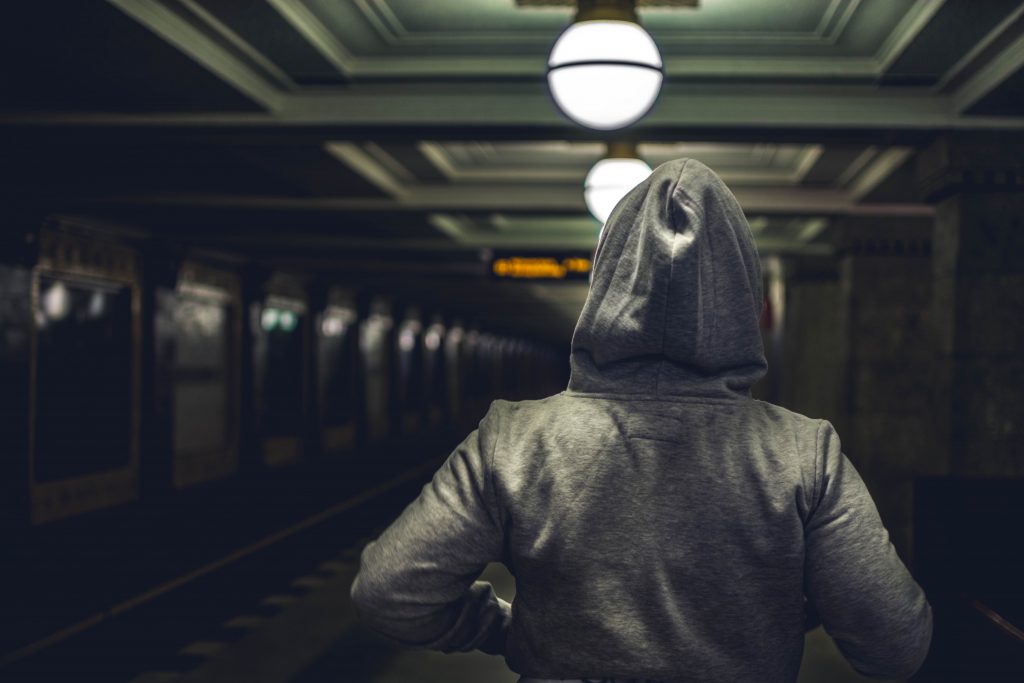 Credit: Pexels
Credit: Pexels
Network Rail partnered with Samaritans to provide rail staff with a one day course on suicide prevention in 2010, and have since trained over 16,000 people.
The course covers how to approach a person, how to initiate a conversation, and most importantly, how to listen to them.
Since the course was launched, there has been a fall in the number of suicides with rail staff having about four potentially live-saving conversations a day.
“The fact that someone had noticed me in the state I was in made me burst into tears. I opened up to him and he sat and listened to everything I had to say,” explained one person, who was helped by a staff member.
A railway worker who took the course added that before doing so, they wouldn’t have felt comfortable approaching a person in a suicidal crisis because they feared “saying the wrong thing”.
“The course has equipped me with the skills, ability and understanding of how to help and what to say in these difficult situations,” they said.
Hairdressers Vs Domestic Abuse
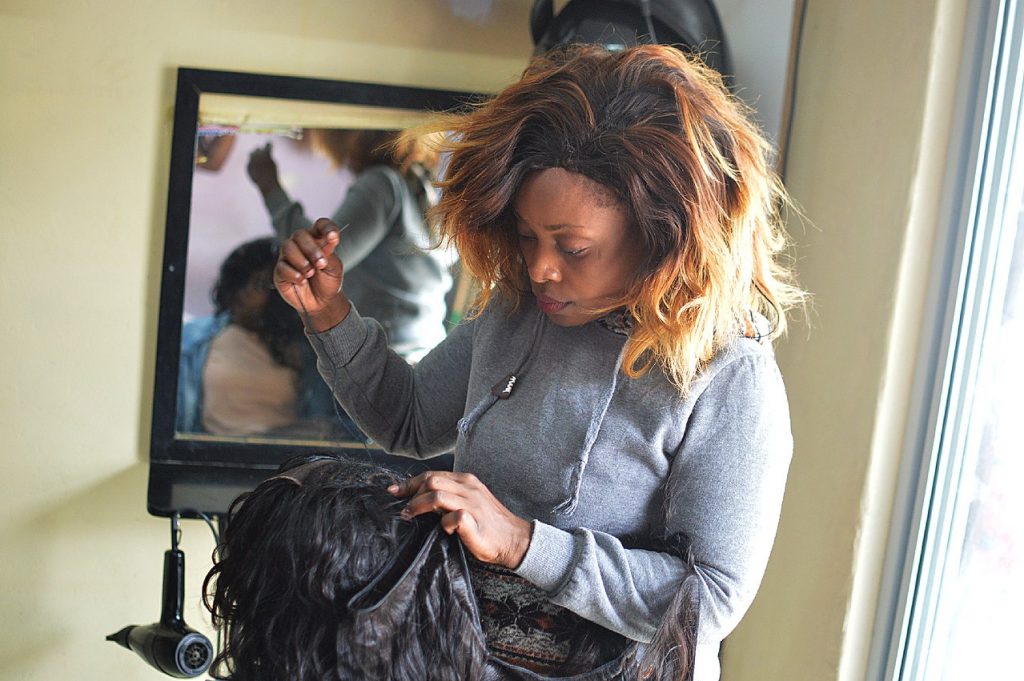 Credit: Wikimedia Commons
Credit: Wikimedia Commons
In the UK, one in four women and one in six men experience domestic abuse. Two women are murdered each week, and three take their own lives.
Norfolk County Council has taken on domestic abuse by deciding to offer free training for hairdressers on how to spot signs of domestic abuse. Now, over 200 people are trained.
The county council’s choice to train hairdressers came after Kerri McAuley was murdered in her Norwich flat by her then-boyfriend Joe Storey. Just weeks before her death McAuley confided in her hairdresser, Anne Reilly, telling her that she believed her boyfriend was going to kill her.
We are dealing with an epidemic and need a response that engages the whole community to challenge abusers.
Martha Jephcott, an activist and trainer
Reilly has since been trained on the programme and feels she’s in a better position to help future clients.
“Both men and women tend to relax once having hair or beauty treatments and open up a lot more to us than their own family and friends. They tend not to talk to those closest to them out of fear for their safety too, because sadly domestic violence affects not just the victim, but also their friends and family,” she explained.
Martha Jephcott, an activist and teacher who trains local communities on how to spot signs of abuse, explained to RightsInfo that people in jobs like hairdressing and taxi driving are “experts of what ‘normal’ looks like in their area, and therefore really well positioned to recognise and respond to those that need help”.
Should We Be Responsible For Each Other?
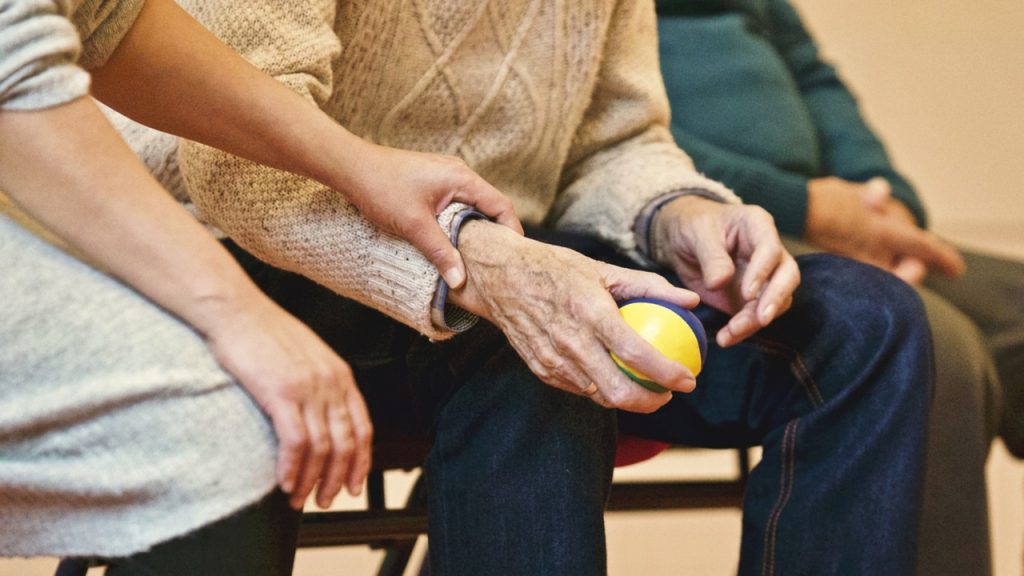 Credit: Pixabay
Credit: Pixabay
In short – yes. In length? Not legally.
A right to care isn’t included in human rights, although some articles provide a level of protection. Such as article 2 of the Human Rights Convention, the right to life, which means that victims of violence (be it CSE of domestic violence) have a right for “the state’s systems to be designed so that they protect life”.
However, that doesn’t include individual responsibility. But experts believe increasing individuals awareness is the key to keeping each other safe.
Often times, it can be difficult for a victim of abuse to reach out for professional help, or for them to confide in a loved one, because of the fear, embarrassment and, in some cases, lack of understanding. This is where we should be stepping in.
“I would say that we absolutely need to all take responsibility for spotting signs of all forms of abuse,” explained Martha Jephcott, an activist and teacher who trains local communities on how to spot signs of abuse.
Jephcott told RightsInfo that abuse is traumatising, but that trauma can become worse if “no one notices”.
“Even if people aren’t ready to talk about their abuse, it can have a huge positive effect to just be asked if everything is ok, or that someone has noticed something isn’t quite right,” she said.
In an increasingly individualistic culture, it’s more important than ever to come together to help those dealing with abuse.
Martha Jephcott, an activist and trainer
As well as taking responsibility for our adult peers, the NSPCC believes that protecting children is a societal responsibility, and while crimes against children may often be hidden, the right awareness will help adults to intervene early on.
“Everyone has a duty to look out for child sexual exploitation and take action to protect young people who may be at risk of this appalling abuse,” said Janaya Walker, NSPCC Policy and Public Affairs Officer.
Jephcott added that it is important to keep the idea of community at the centre of spotting abuse – so while you can equip yourself with the told to spot abuse, you shouldn’t be alone in tackling it.
“In an increasingly individualistic culture, it’s more important than ever to come together to help those dealing with abuse.
“We are dealing with an epidemic and need a response that engages the whole community to challenge abusers,” she said.

